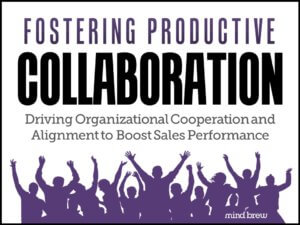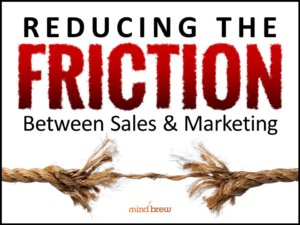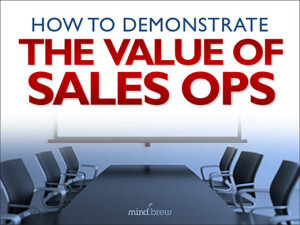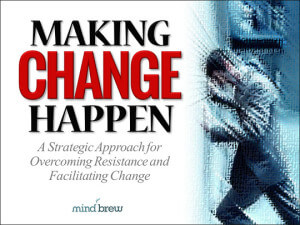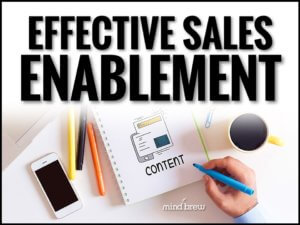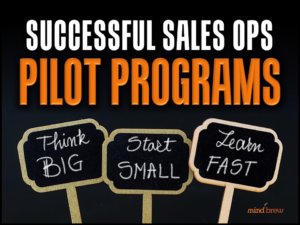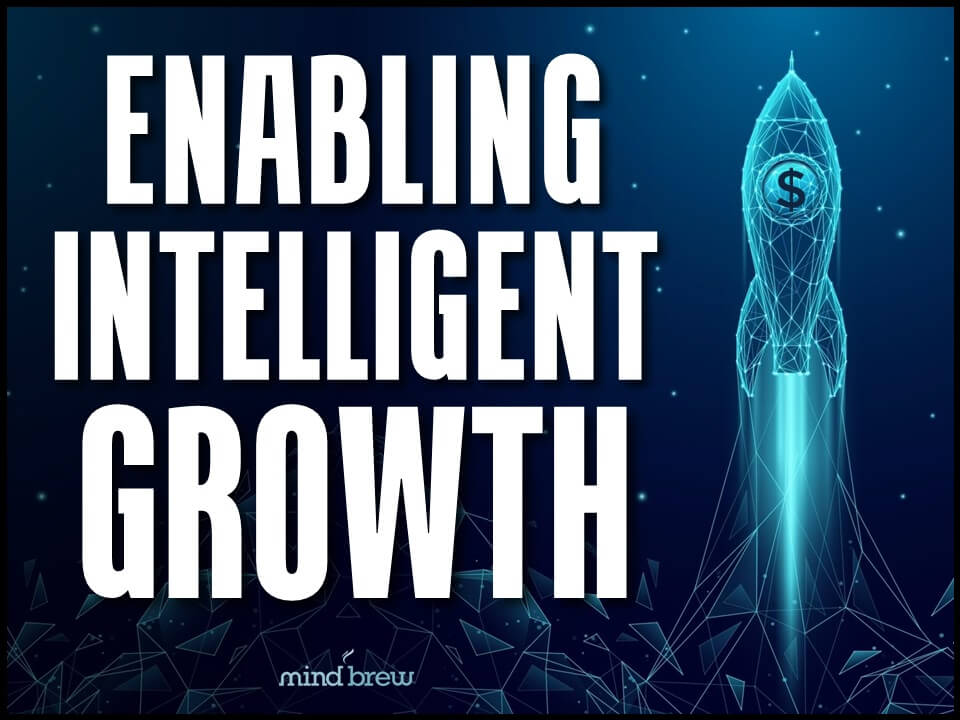In 1944, the US Office of Strategic Services (OSS), the precursor to today’s Central Intelligence Agency (CIA), published a Simple Sabotage Field Manual. It instructed American spies how to recruit and train “citizen-saboteurs” in countries controlled by the Axis powers during World War II.
We find the section on “General Interference with Organizations and Production” particularly fascinating. In fact, as we went through this section, we couldn’t help but wonder if most companies have been infiltrated by saboteurs planted by foreign enemies. Take a look at what we mean:
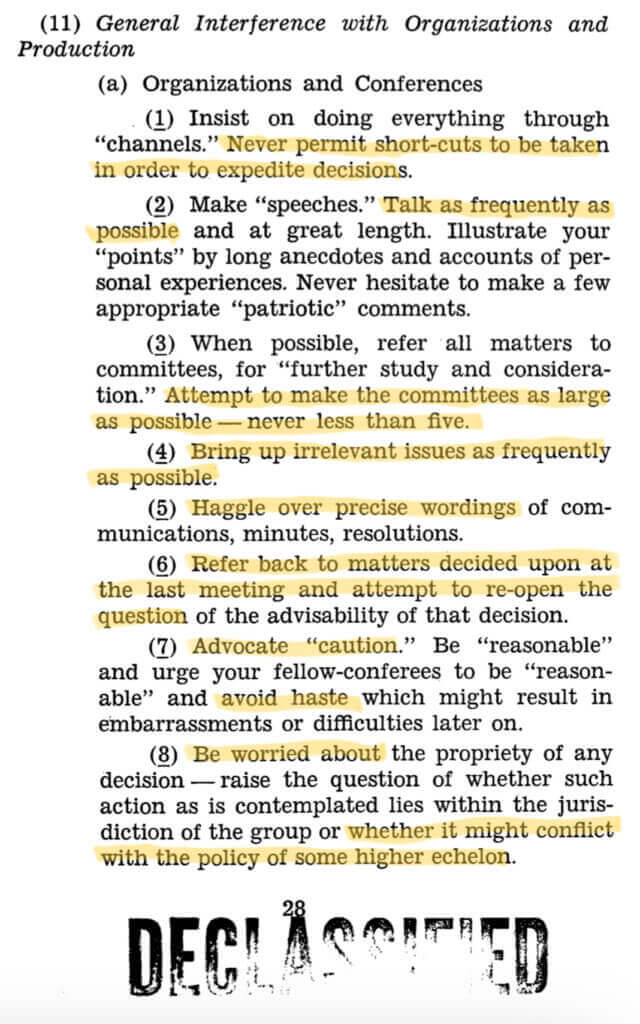
Of course, we’re joking about the saboteurs (mostly!), but it’s truly amazing how many business people regularly take actions that look a lot like they were intended to slow down operations.
Sales Ops teams tell us that one of their biggest challenges is dealing with internal resistance. Sales Ops can clearly see how different approaches or process improvements or sales training or new software could improve sales results and the bottom line. But when they present their ideas to other people in the company, they get a lot of push-back.
People naturally fear change. They will continue doing things the way they have always done them long after it’s clear that these ways of doing things aren’t working any more. Doing something new is just too uncomfortable.
So they’ll suggest forming a committee — a big committee — to discuss your ideas. They’ll talk those ideas to death. And above all they’ll advise “caution” and encourage everyone to “be reasonable.”
Yes, they will essentially be sabotaging your team.
And because you are not at war with your co-workers (we hope!), a military response is not an option.
That doesn’t mean there’s nothing you can do, however. SellingBrew has a wealth of resources on change management and working cross-functionally that can help you cut through some of this unintentional sabotage. Here are some of our favorites:
- Fostering Productive Collaboration
- Reducing Friction Between Sales & Marketing
- Demonstrating the Value of Sales Operations
- Making Change Happen
Also, don’t lose sight of the fact that your co-workers really aren’t purposefully trying to cause the company to perform badly. In the words of an earlier section of the field guide, they “very probably [have] no immediate personal motive for committing simple sabotage.” And in most situations, you will eventually be able to push through the internal resistance and accomplish your goals.
If you have some free time, the full field guide is a great read. It’s also full of some nuggets of excellent advice on how to be a terrible manager, such as:
- “When training new workers, give incomplete or misleading instructions.”
- “To lower morale and with it, production, be pleasant to inefficient workers; give them undeserved promotions. Discriminate against efficient workers; complain unjustly about their work.”
- “Hold conferences when there is more critical work to be done.”
Come to think of it, maybe we’re not so sure we’ve never worked for a trained saboteur…

